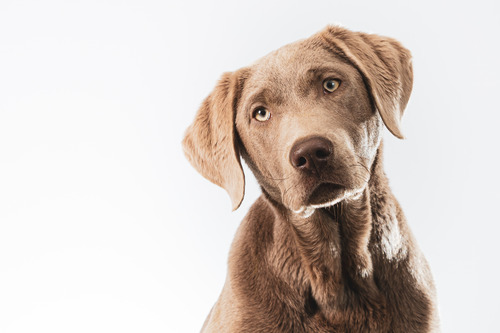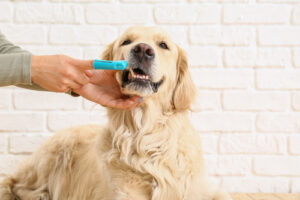While a dog losing a tooth can no doubt be a surprise, it’s no reason to panic. Here we’ll discuss why this might happen and what you can do to in such a situation. If you have any other concerns or need to make an appointment for your pet, call Dix Hills Animal Hospital in Huntington, NY at (631) 271-8383. We’re here to support you and your dog through this and any other health issues they might have.
Understanding Dog Teeth Loss
Is it normal for dogs to lose teeth? To a certain extent, yes. Just like humans, dogs have two sets of teeth in their lifetime – baby teeth and adult teeth. Puppies lose their baby teeth as they grow, just like children do. However, if your adult dog loses a tooth, it could be a sign of an issue that needs closer (and professional) attention.
Accompanying Signs to Look For
If you notice your dog is missing a tooth, check to see if there’s bleeding or swelling in your dog’s mouth. This could indicate an injury or dental disease. Regular pet dental checkups are key to preventing tooth loss and keeping your dog’s teeth and gums in the best shape.
Puppy Teeth vs. Adult Teeth
Understanding whether a fallen tooth is a baby tooth or an adult tooth is important. Here’s how you can tell the difference:
Age of Your Dog
The first and most obvious way to tell the difference is by considering your pet’s age. Puppies typically lose their baby teeth around 3 to 7 months of age, so a lost tooth is no concern if your pet is still a puppy. But if your dog is older, they’ve likely lost an adult tooth, and not a puppy tooth. If your dog is not quite an adult and not quite out of the puppy stage, you might need to look at other differentiating factors.
Size and Shape of the Tooth
Another thing to look for is the size and shape of the tooth. Baby teeth are usually smaller and not as firmly set in the jaw as adult teeth. If the fallen tooth is small and seems less robust, it’s probably a puppy tooth.
Response to Loss
A puppy might not be as bothered by losing a baby tooth as an adult dog would be by losing a permanent tooth. If your adult dog seems uncomfortable or is eating less, it could be due to losing an adult tooth.
Preventing Tooth Loss in Dogs
Routine dental care is the best way to prevent tooth loss for adult dogs. Here’s how you can help your pet:
See Your Vet for Regular Dental Checkups
Schedule regular dental checkups at Dix Hills Animal Hospital. Our team can spot early signs of dental issues and provide care to prevent tooth loss.
At-Home Dental Care
Brush your dog’s teeth regularly and provide dental chews. This helps keep their teeth strong and healthy.
Diet and Nutrition
Feeding your dog a balanced diet is also important for their dental health. Certain foods can help reduce plaque and tartar build-up, while others may exacerbate it.
The Importance of Professional Dental Care
Just because your dog lost a tooth, doesn’t necessarily mean they need to see the vet. But if you notice that your dog also has bad breath, bleeding in the mouth, or their eating habits have changed, these could be signs of deeper dental issues that should be checked and treated sooner rather than later. Our veterinary team can provide treatments and advice tailored to your dog’s specific dental needs. Regular professional care is key to preventing and treating dental problems and keeping your dog as healthy and happy as they can be.
If you’re concerned about your dog’s teeth, or if you just want to ensure they’re in good shape, give Dix Hills Animal Hospital a call at (631) 271-8383. We’re here to help keep your dog’s smile healthy and bright!





